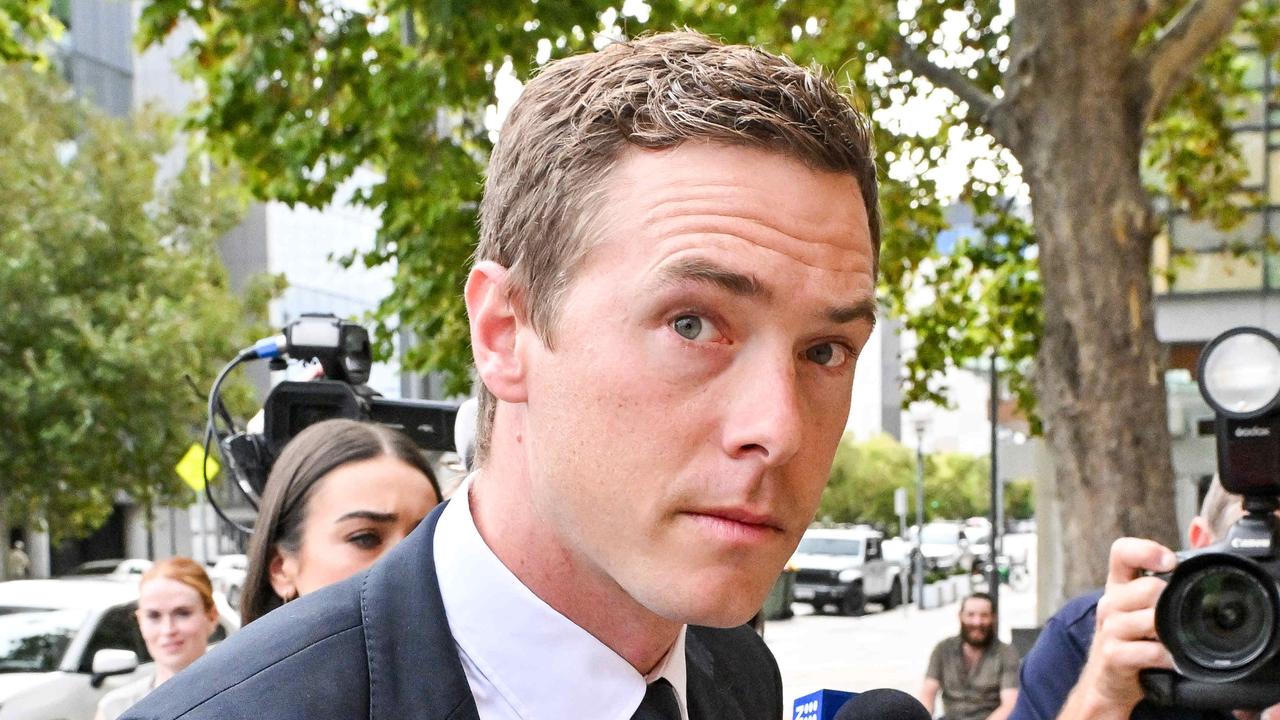‘Uninsurable mega-event’: Los Angeles wildfires pose threat to 2028 Olympics
As wildfires continue to wreak havoc and cause devastation across Los Angeles, experts have questioned whether the event’s future will go up in smoke.
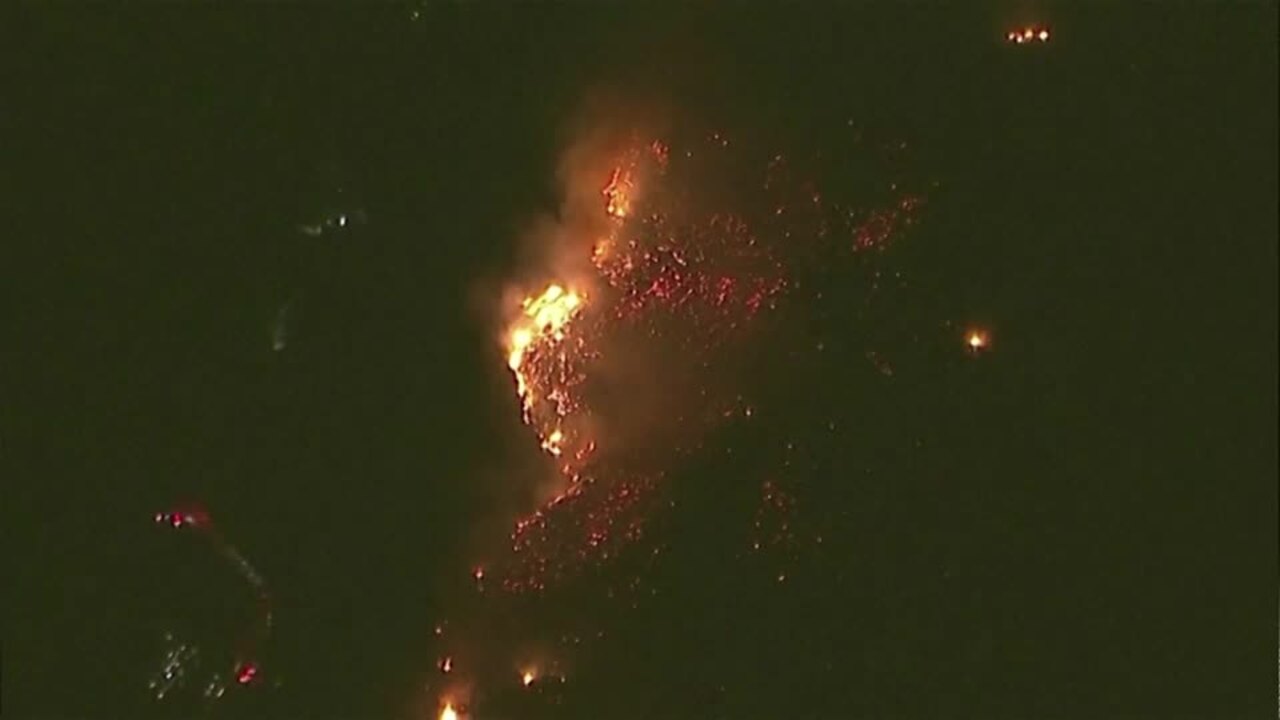
Olympics
Don't miss out on the headlines from Olympics. Followed categories will be added to My News.
The Olympics has long brought with it the promise of economic prosperity and workforce, tourism, business and investment opportunities to its host cities.
But as wildfires continue to rage across Los Angeles – levelling some 12,000 structures, destroying 35,000 acres of land and displacing almost 200,000 people and counting – experts have warned the city’s ability to host the 2028 Games is under threat, turning a “big-ticket attraction” into an “uninsurable mega-event”.
California Governor Gavin Newsom insisted the city would be ready despite the tragedy.
“My humble position, and it’s not just being naively optimistic, that only reinforces the imperative of moving quickly, doing it in the spirit of collaboration and co-operation,” Governor Newsom told NBC News.
Others are less convinced – among them conservative commentator, Charlie Kirk, who has called for the Games to be cancelled.
“If you can’t fill a fire hydrant, you aren’t qualified to host the Olympics,” he wrote on X.
“Move them to Dallas, or Miami, so the world’s athletes can compete in a place capable of actually safely building and running something.”
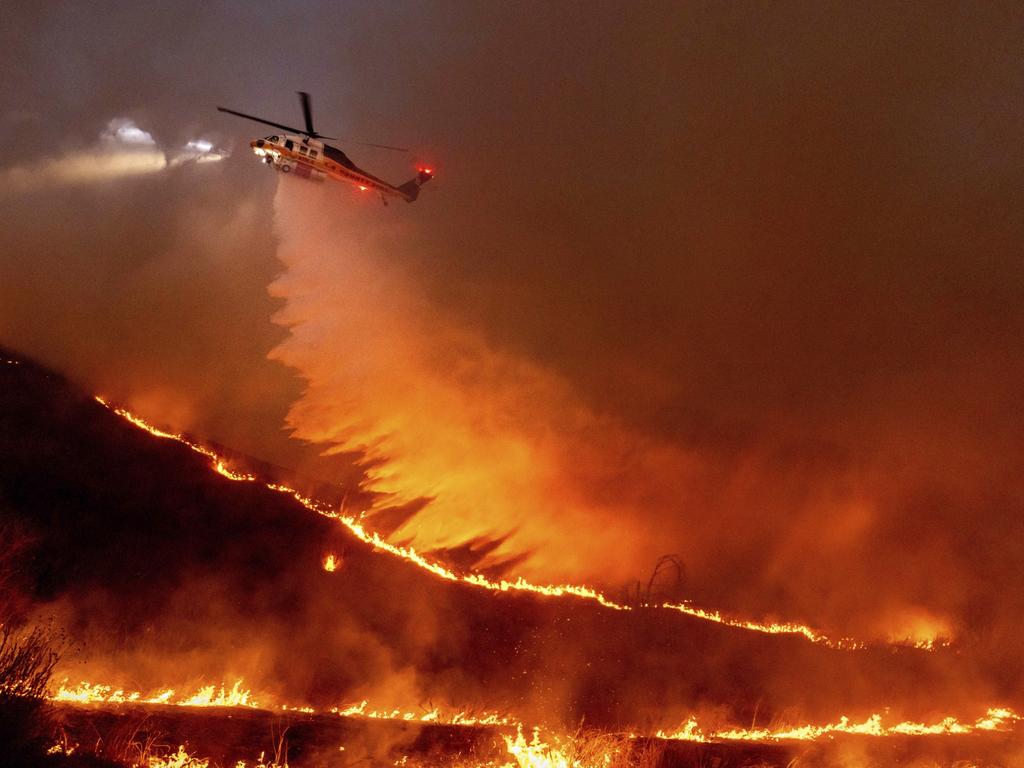
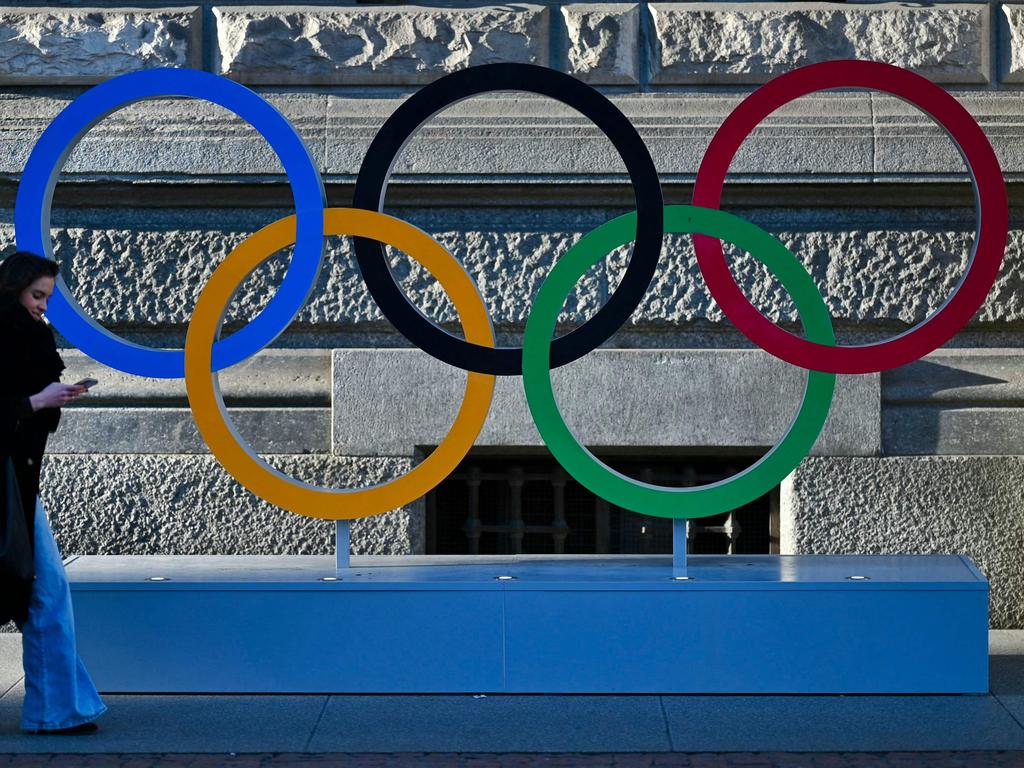
As required by the International Olympic Committee (IOC), host cities must agree to provide appropriate infrastructure – among them event venues, training and housing facilities for athletes, and accommodation for fans.
Transportation is also needed to support the droves of people travelling throughout the area.
The private group organising the 2028 Games, LA28, has said it intends for every venue to either be a temporary one or already exist, including relying on some structures used in 1984, the last time the city hosted the event.
It’s a plan that could now be in jeopardy as the fires encroach on said venues. The ongoing Palisades Fire has pushed towards the Riviera Golf Club, one proposed Olympic site that now lies within an evacuation zone.
The grounds of The University of California (UCLA), the planned location for the Olympic Village, is also near the current Palisades fire front, while venues like SoFi Stadium and Carson Stadium are within a 30km radius.
Expert warns of ‘financial nightmare’
Organisers face the uncomfortable question of how much of a priority the Games should be in the wake of such devastation.
“The infrastructure challenges now facing the city are immense,” Professor of Sport and Geopolitical Economy at France’s Skema Business School, Simon Chadwick, told The I Paper.
“It will be a race to get ready for staging the Games and a financial nightmare dealing with everything that needs building or rebuilding.
“Whether the city and the United States government has the stomach for what’s needed remains to be seen.”
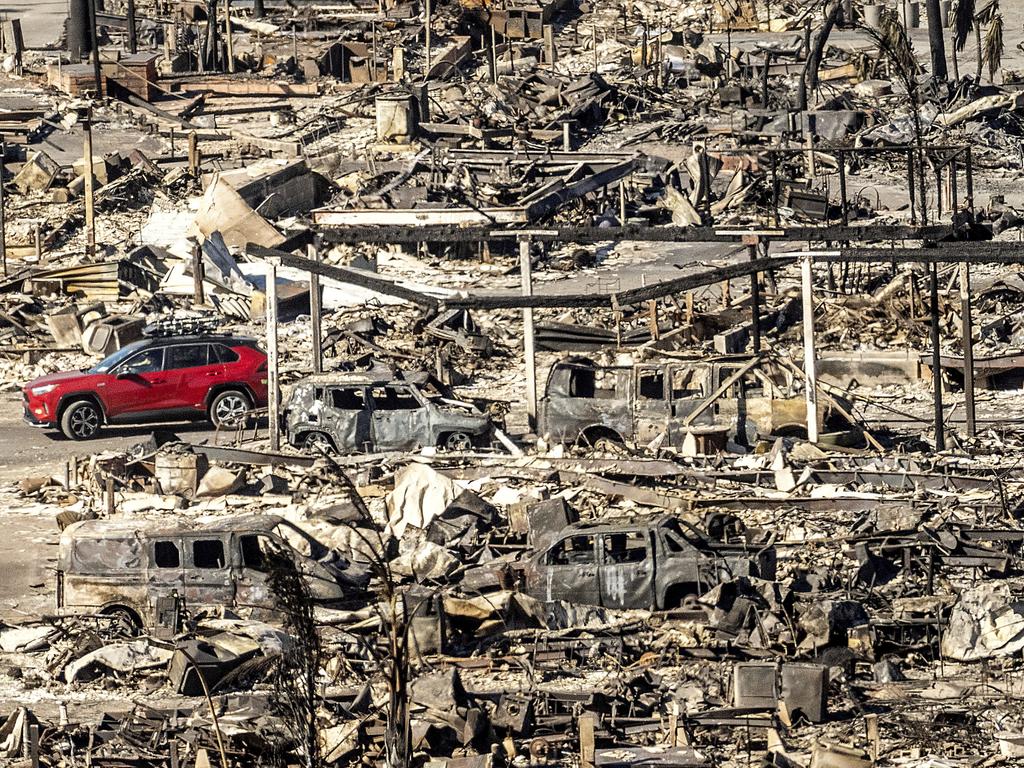
The fate of any Olympic infrastructure is not the only cause for concern.
Given the rapid pace of climate change – and increased frequency and severity of the wildfires in LA, now a near-annual occurrence – the risks three years’ from now are even higher, Prof Chadwick said.
“The situation is clearly grave and, given the prospect of significant climate change, you do have to wonder whether the current situation might be repeated, possibly even during the Games,” he continued.
“This raises very serious questions, not least about insurance, and whether Los Angeles’ big ticket 2028 attraction might be about to become an uninsurable mega-event.”
The ongoing wildfires are already on track to be among the costliest in US history, according to a preliminary estimate by private forecaster Accuweather, with losses expected to exceed $US135bn (A$219.7bn).
Insured losses resulting from the Palisades fire alone, JP Morgan claimed in a report issued last Wednesday, are likely to hit $US10bn (A$16.2bn).
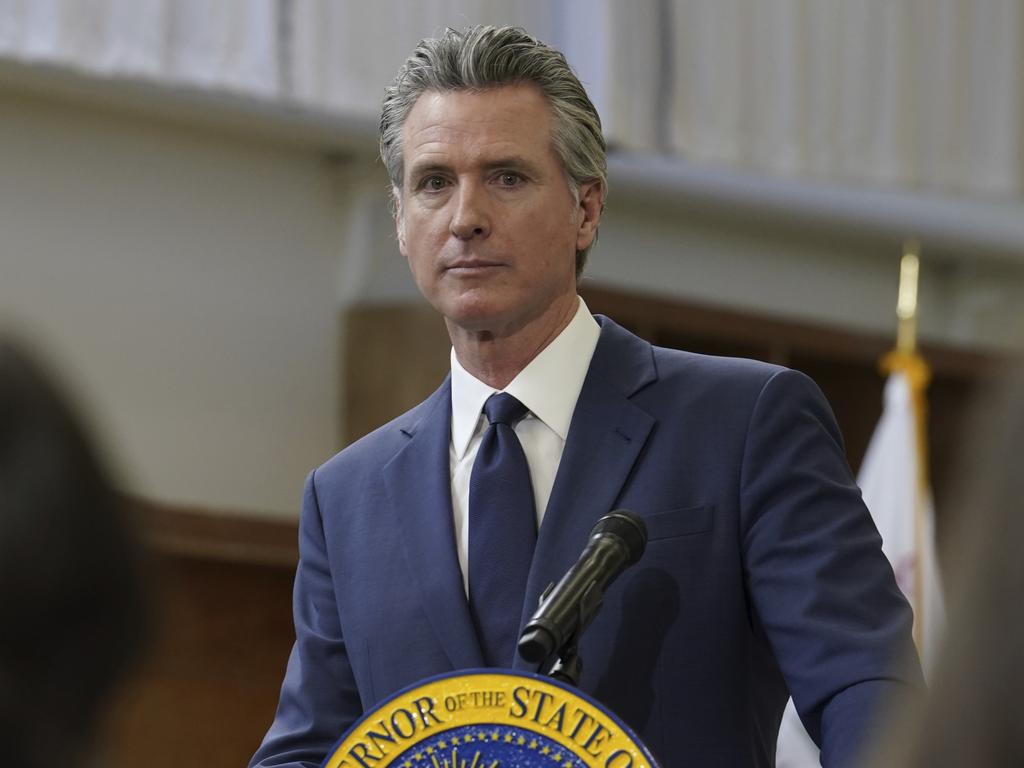
Wildfires an ‘enormous wake-up call’
As for the insurance costs associated with the Olympics, the 2021 Tokyo Games cost companies as much as $US2bn (A$3.2bn), with cancellation insurance alone totalling $US17m (A$27.6m). The organising committee for last year’s Games in Paris failed to obtain cancellation cover due to spiralling costs.
Even before the events of the past week, global uncertainty was likely to make these figures “skyrocket”, Prof Chadwick said. Now, they could be “off the charts”.
“Insurance companies would have traditionally been worried about the weather, access to the facilities and terrorism,” he explained.
“Now climate change and unpredictable weather patterns are at the absolute top of that list.
“The number of insurance companies willing to foot the bill for that risk are dwindling and those willing to do it will be charging huge amounts. The majority won’t the view the risk as one worth taking.”
While organising committees will have factored these events, to a degree, into their planning, “you’re very much working on a contingency basis”, Sheffield Hallam University sports finance expert, Dan Plumley, told The I Paper.
“How much do you reasonably budget for this and how cautious or not cautious are you going to be?” he said.
“How much risk they want to build in, we’ll have to wait and see but these fires will have acted as an enormous wake-up call.”
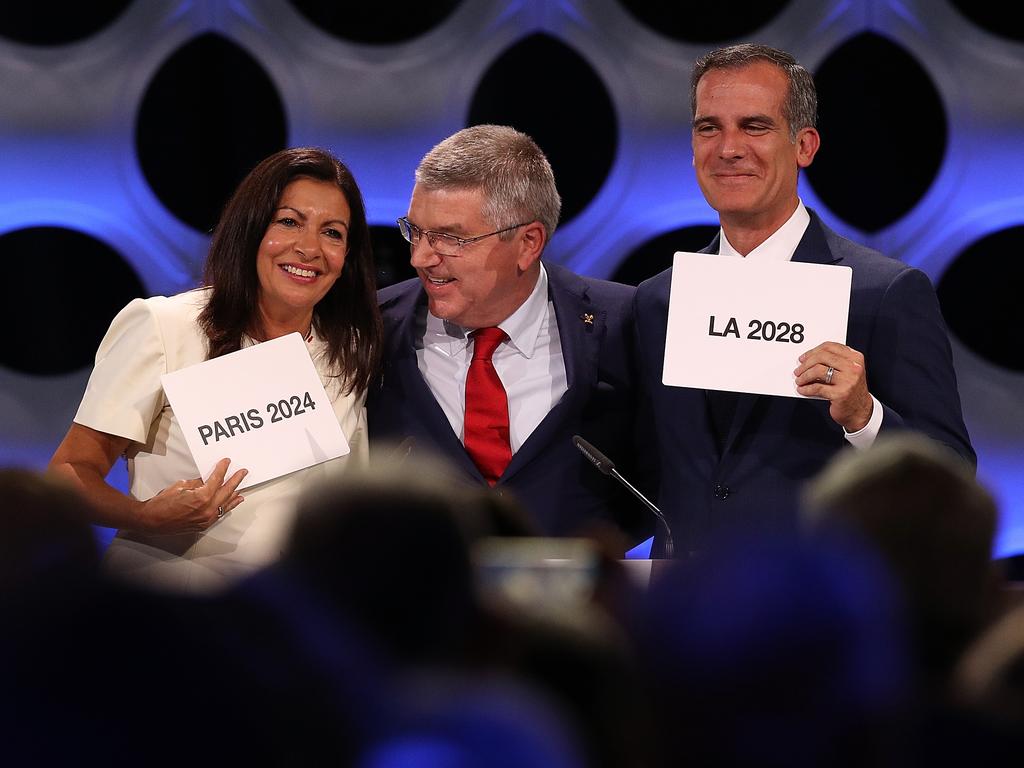
Claims of economic benefit ‘outlandish and inaccurate’
Given insurance estimates, any extra public spending on Games infrastructure is likely to come under intense scrutiny – especially now, given the extensive rebuild of the city that will need to take place.
A statement on the event’s website reads that the LA28 Games are “independently operated by a privately funded, non-profit organisation with revenue from corporate partners, licensing agreements, hospitality and ticketing programs and a significant contribution from the International Olympic Committee”.
A May 2024 report from Oxford University found that, historically, cities have struggled to accurately anticipated how much hosting the Olympics will cost. All 23 cities examined spent more than they had budgeted, researchers said.
“All Games, without exception, have cost overrun,” they wrote.
“For no other type of megaproject is this the case, not even the construction of nuclear power plants or the storage of nuclear waste.”
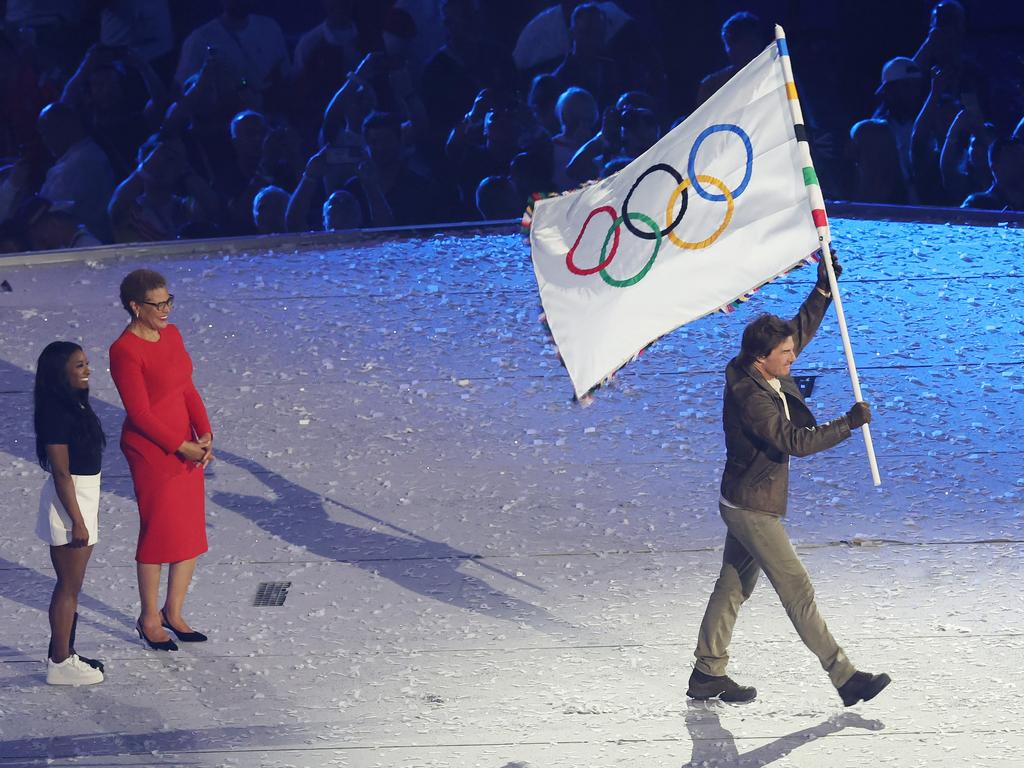
Other studies in recent years have suggested host cities are unlikely to see any benefits that exceed those costs.
The time, labour and money spent on a large facility, Smith College sports economist, Andrew Zimbalist, said, is likely interrupting daily commutes, taking up valuable real estate, pulling attention and labour away from needed infrastructure projects, and draining future resources via ongoing maintenance costs or debt service payments.
The short and long-term impacts also include displacement of (typically lower-income) residents, gentrification and potential environmental harm, he told CNN.
“I think you can make an argument that it can make sense financially — not in the way that it will transform the city economically, like the claims often made of, ‘You’re putting your city on the world map,’ and ‘You’re going to get all this tourism and business and investment’,” he said.
“Those kinds of claims are outlandish and inaccurate.”
More Coverage
Originally published as ‘Uninsurable mega-event’: Los Angeles wildfires pose threat to 2028 Olympics






